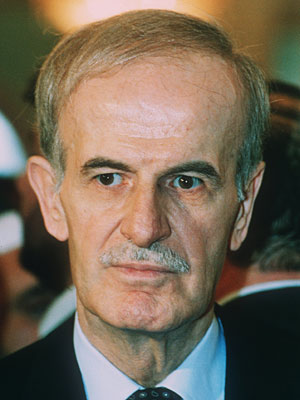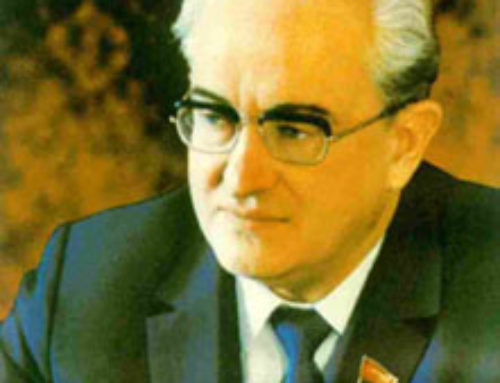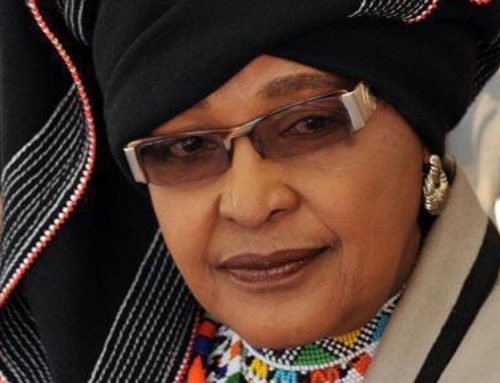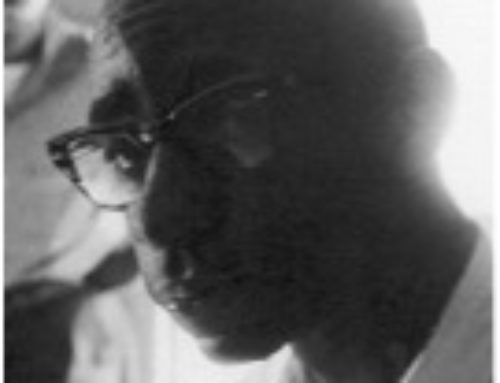Project Description
Born on 6 October 1930 – 10 June 2000) was a Syrian statesman, politician and general who served as President of Syria from 1971 to 2000, and Prime Minister from 1970 to 1971. He served as Secretary of the Syrian Regional Command of the Arab Socialist Ba’ath Party and Secretary General of the National Command of the Ba’ath Party from 1970 to 2000 and as Minister of Defense from 1966 to 1972. Politically a Ba’athist, Assad adhered to the ideologies of Arab nationalism, Arab socialism and secularism. Under his administration Syria saw increased stability with a program of secularization and industrialization designed to modernize and strengthen the country as a regional power.
A progressive leader, President Hafez al-Assad was responsible for strengthening the central government of Syria, as well as ushering in a period of modernization and increasing relations between Syria and the Western world. Due to anti-Israeli sentiments, alleged ties to terrorism, human rights violations, and his violent acquisition and abuse of power, Assad was, and remains, a deeply controversial figure in Syrian and Cold War era world politics.
In 1952, Assad joined the Military Air Academy and surpassed his peers in both ability and learning, In 1955, he graduated as a pilot lieutenant and went on to attend several military training courses abroad as a fighter pilot. In 1959, Assad had enough military experience to become a squadron leader. With his new rank came a degree of authority and during the same year, he established a Ba’ath Party Committee in Cairo.
In 1963, Assad and key members of the Ba’ath Party organized a successful coup d’etat. Though the country continued to be officially ruled by Amin Hafiz, a Sunni Muslim, the Ba’athists held complete authority over the government. Over the next two years, Assad would quickly reach the top in regard to military title, becoming a major, general, Commander-in-Chief of the Air Force and Minister of Defense, all before 1966.
In 1984, while recovering from a heart attack, Assad’s brother attempted to gain control, only to have Assad address the nation from his hospital bed, stating that he had no intention of passing leadership to his brother. Assad’s brother was exiled as a result of his unfaithfulness. Assad had originally planned for his eldest son, Basil al-Assad, to be his successor, but Basil died as a result of a car accident in 1994. Assad then put his second son, Bashar, in line to succeed him, a position he still holds. In 2000, Assad died due to a combination of diabetes, phlebitis, and a heart attack.







Leave A Comment